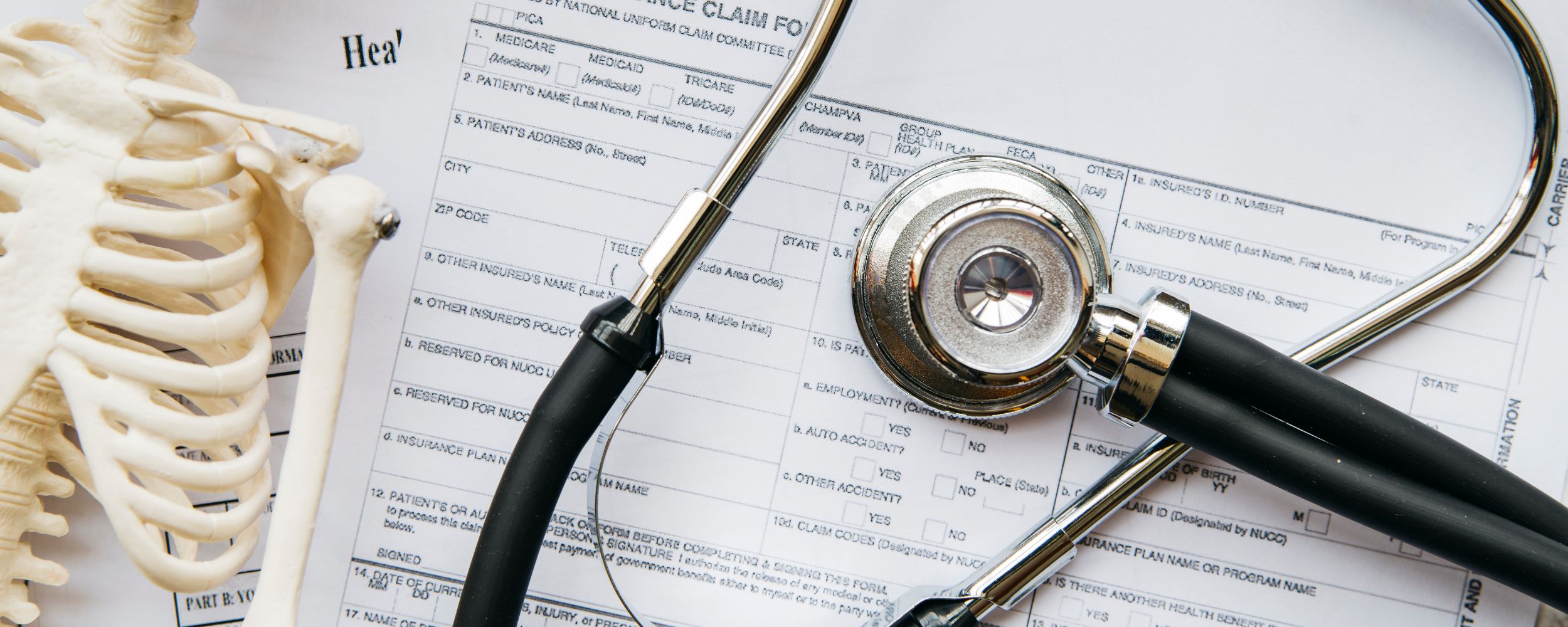Injured by Medical Negligence? We’re Here to Make It Right.
We put our lives in the hands of doctors, surgeons, nurses, and hospitals. But what happens if that trust is violated? When a medical professional fails to provide the level of care expected, the consequences can be physically, emotionally, and financially ruinous. According to studies, medical errors are the third leading cause of death in the U.S., impacting hundreds of thousands of lives every year. At AccidentMalpracticeInjury.com, we advocate for victims of medical malpractice, helping them hold accountable those who should have done better.
You May Have a Case If You’ve Experienced:
- An unexpected surgical outcome, such as surgery on the wrong part of the body, leaving foreign objects behind, or damage to nearby organs or nerves.
- Failure to diagnose or delayed diagnosis, where a doctor does not observe clear indicators of serious diseases such as cancer, heart disease, stroke, or infection, delaying potentially life-saving treatment.
- Medication or anesthesia mistakes, including incorrect dosages, administering the wrong medication, or failing to take drug allergies or interactions into account.
- Birth trauma, such as cerebral palsy, shoulder dystocia, or brain damage due to negligent labor and delivery practices.
- Failure to monitor, such as neglecting post-operative symptoms or slow response to complications.
- Inadequate informed consent, where you were not adequately informed of the risks or alternatives before signing off on a procedure.
Our law office understands that medical negligence victims are typically recovering from chronic medical conditions, emotional distress, and financial setbacks. We handle the legal hassle so that you can focus on getting well. Our team is prepared to seek justice, reclaim dignity, and help you rebuild your life.
FAQs About Medical Malpractice
Find answers to the most frequently asked questions regarding medical malpractice claims and how we can assist you in pursuing justice and compensation.
There must be proof that a medical professional did not deliver the accepted standard of care and that such a deficiency injured you. It involves proving there was a doctor-patient relationship, the caregiver was negligent, the negligence directly caused an injury, and that the injury led to measurable damages, like medical expenses, lost wages, or ongoing pain and suffering. Our lawyers can look at your case and determine whether it meets these criteria.
Proving negligence in a medical malpractice case is an exhaustive investigation. We collect all records, lab reports, and communication logs, and review independent medical experts to examine the care you received and compare it to standards accepted in the medical community. We establish where your caregiver violated their duty, and how the violation specifically led to your harm. It’s not just about what went wrong—it’s about proving that what went wrong should never have happened.
Signing a consent form is an indication that you agreed to the dangers of a procedure that you are aware of—it does not signify that you agreed to negligence. A consent form does not protect a medical professional if they perform in a careless way or fail to deliver customary care. If there was a mistake committed that no reasonable doctor would have made, you could still have a claim even if you signed a consent form. Consent is not immunity from liability.
Yes. Malpractice claims can include damages for pain and suffering, emotional distress, and long-term impacts on your quality of life. If the malpractice has caused anxiety, depression, PTSD, or made it difficult to enjoy hobbies you once enjoyed, you may be entitled to more than compensation for bodily injury. Emotional damages are valid, and our firm ensures they’re part of your overall claim.
Timing is of the essence. Medical malpractice claims have limited legal time periods, or statutes of limitations. In most states, the deadline is only one or two years from the time of injury, or when the injury should have been diagnosed. If you wait too long, you may lose your right to seek a claim. Contacting us as soon as possible safeguards your legal rights and develops your case.
Compensation in a medical malpractice action—also known as “damages”—may include both economic and non-economic damages. You might be entitled to medical bills (past and future), lost wages, loss of earning capacity, pain and suffering, emotional distress, and an award for permanent disability or disfigurement. In cases of wrongful death, families may also claim wrongful death damages. We fight to collect every dollar you deserve.






